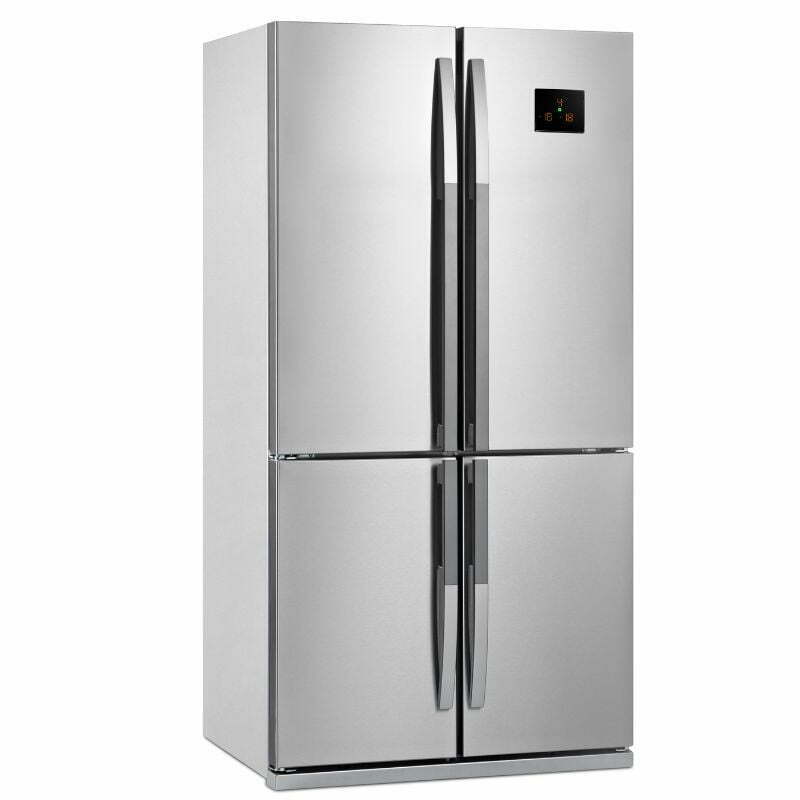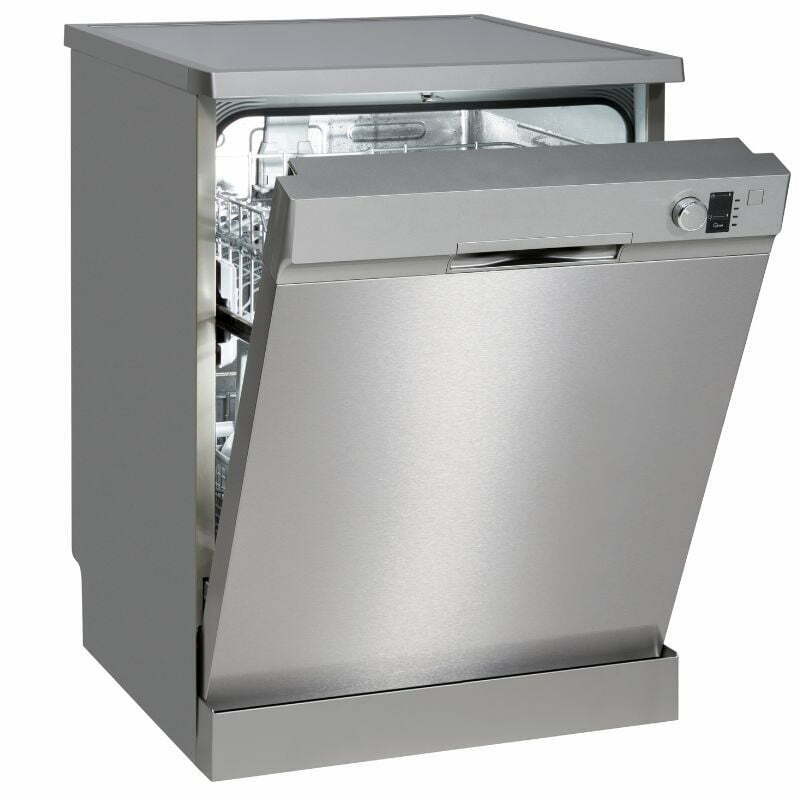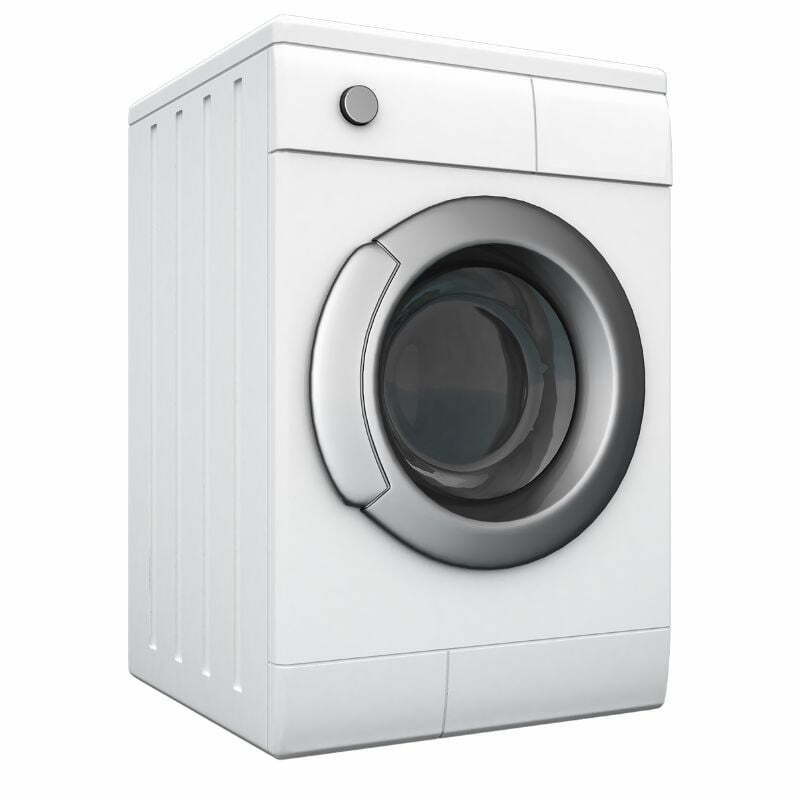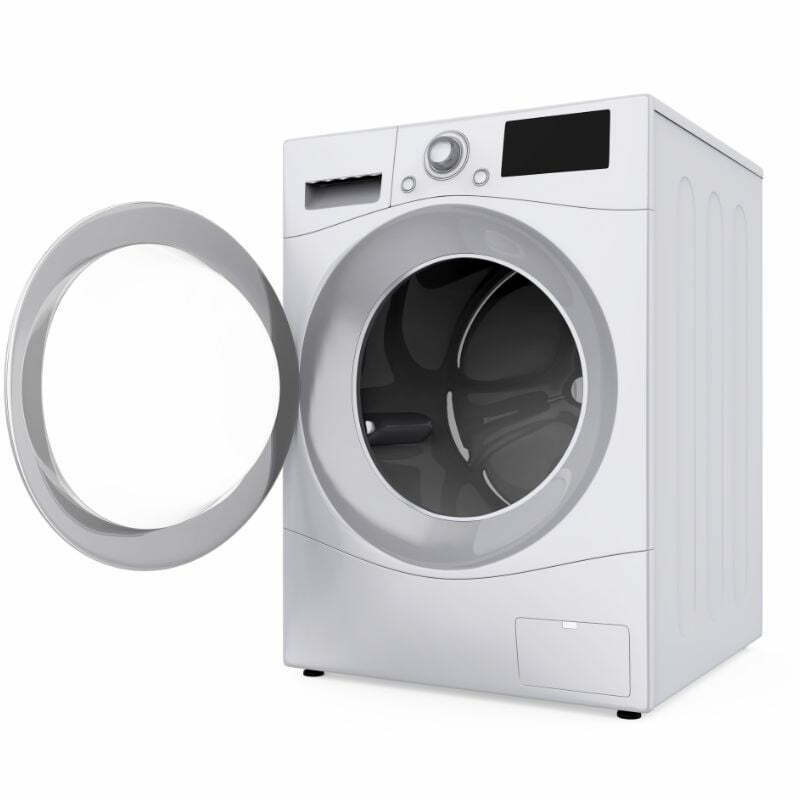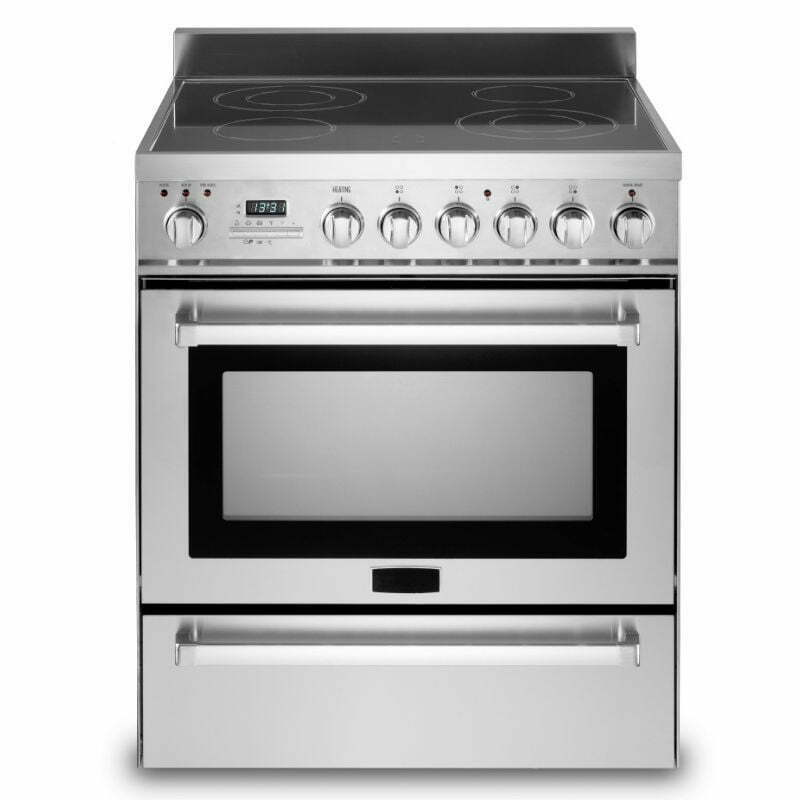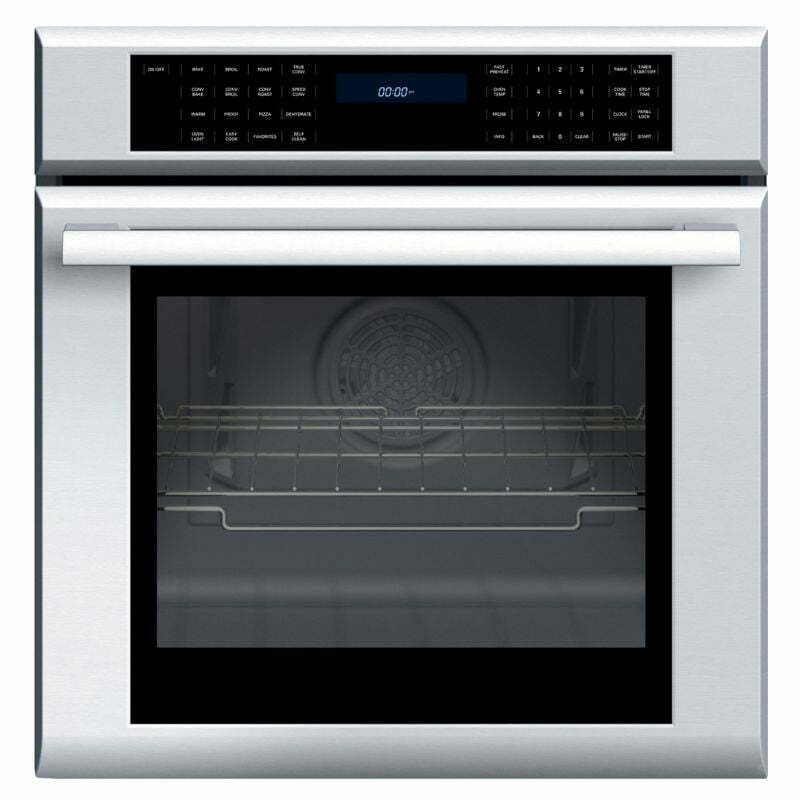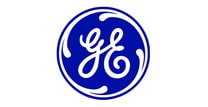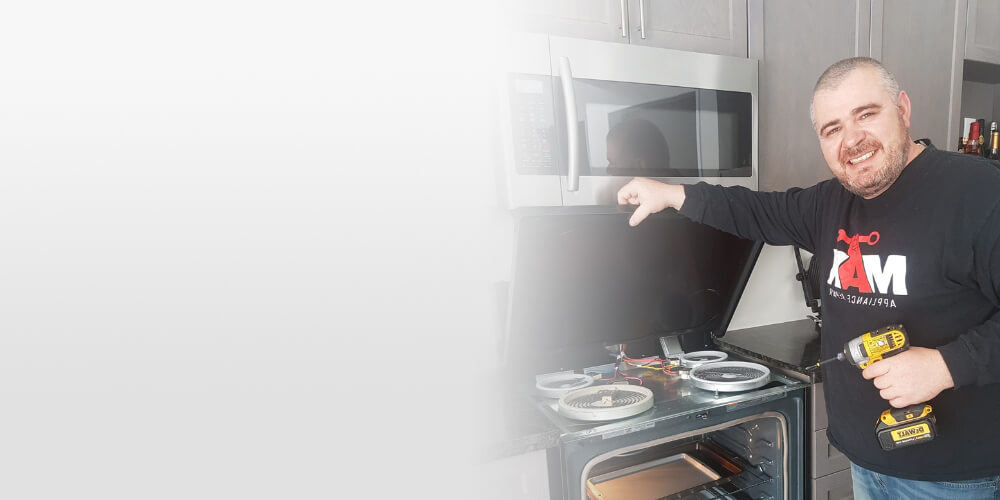
Appliance Repair Services Toronto & the GTA
Fix Your Appliance Today
Looking for appliance repair service near you in Toronto? Max Appliance Repair provides fast, reliable solutions at fair prices. We’re available 7 days a week to fix your appliances with expert care.
- Same-day Reliable Repairs
- Fully Insured Technicians
- Service All Brands & Models
- Affordable Appliance Repair




Licensed & Experienced
Warranty on Parts & Labour
100% Customer Satisfaction
Award Winning Support
24/7 Emergency Services
You Are a Call Away From Getting Your Appliance Fixed
Broken Appliance? We’ll Fix It Today! We’re all about transparency. Our prices are upfront – no hidden fees, no surprises. We keep things clear, so you know exactly what you’re paying for. Quick service is our thing. We get to you fast, and we’re always on time. Plus, being a family-run business, we really care about our clients.
Appliance Repair Toronto and the GTA
Appliance Brands We Repair
See what our clients have to say

Called for a dryer repair. Received a prompt response, arranged a diagnostics visit. The technician, Alex G. was very punctual, professional and thorough. The dryer is working perfectly, and the price was very reasonable. Would recommend .

Bogdan came to repair my broken freezer – he was friendly, on time, clean and did a fantastic job. I would recommend him without hesitation and will call again if I need any repairs.

Alexander N is a true professional, who possesses all the qualities of excellence and integrity of customer service. I was impressed, both with his skills and level of care!

Same-day Service is Available
Fix Your Appliances Today!
Contact us today to schedule your appliance repair or installation and experience our reliable, affordable, and competent service for your appliances!
Everything You need to Know About Appliance Repair
Wondering whether to repair or replace your appliance? Here’s a helpful rule of thumb: If your appliance is over halfway through its expected lifespan, and the repair costs exceed 50% of a new one’s price, it might be time to consider an upgrade. However, if the fix is less than half the cost of a new purchase and your appliance isn’t nearing the end of its life, opting for a repair is the wiser choice.
Yes, there are common signs that an appliance needs professional attention:
- Unusual Noises: When an appliance starts making strange noises such as grinding, squealing, or banging, this could indicate a malfunction in one of its components. For instance, a washing machine making loud noises during the spin cycle might have a faulty bearing or belt.
- Leaks: Water or fluid leaking from an appliance is often a red flag. This could be due to loose connections, worn-out seals, or cracks in the component housing. In refrigerators, a leak could also indicate a problem with the defrost drain or water supply line.
- Failure to Start or Complete Cycles: If the appliance fails to turn on, or if it starts but does not complete its cycles, this could indicate an electrical issue, a faulty timer, or a problem with the appliance’s control board. For example, a dishwasher that doesn’t complete cycles might have a malfunctioning thermostat.
- Inefficiency: A noticeable spike in energy bills or the appliance taking longer to perform its tasks can be indicative of it running inefficiently. This could be due to worn-out components, clogs, or the appliance struggling to maintain performance levels due to an underlying issue.
- Error Codes: Modern appliances often have digital displays that show error codes when something is wrong. These codes can be very helpful in pinpointing the specific issue with the appliance. Consult the appliance’s manual or look up the error code online to understand what it signifies.
- Unusual Smells: A burning smell or the smell of chemicals could indicate a serious issue, such as an electrical malfunction or overheating components. This is particularly concerning as it could be a fire hazard.
- Inconsistent or Poor Performance: If the appliance is not performing its primary function properly, such as a refrigerator not cooling enough or an oven not maintaining the set temperature, this is a clear sign that professional attention is needed.
- Physical Damage: If there is visible damage to the appliance such as dents, cracks, or broken components, this can affect its performance and might require professional repair.
- Frequent Reset or Tripping Circuit Breaker: If the appliance is causing the circuit breaker to trip frequently or needs to be reset often, this might indicate an electrical issue that should be addressed by a professional.
- Old Age: If the appliance is old, it may require more frequent maintenance and care. Sometimes this means a professional needs to service it to ensure it continues to function properly.
- Changes in Utility Consumption: An unexpected increase in water or energy consumption can also be a sign that an appliance is not working efficiently and may need repair.
When you observe any of these signs, it’s important to act promptly. Seeking professional help not only ensures that the appliance is repaired properly but can also prevent further damage and potential safety hazards.
When you are expecting a technician to come and repair an appliance, it’s important to prepare the appliance and the surrounding area:
- Clear the Area: Ensure that the area around the appliance is clean and free of clutter. This will give the technician easy access to the appliance.
- Empty the Appliance: If applicable, empty the appliance. For instance, remove food from a refrigerator or dishes from a dishwasher. This will not only facilitate the repair but also prevent any items from getting damaged.
- Disconnect Power (if needed): If the appliance has a major issue, especially an electrical one, it might be prudent to disconnect it from the power source for safety reasons. However, sometimes the technician might need it to be connected to diagnose the issue.
- Secure Pets: If you have pets, make sure they are in a secure area away from where the technician will be working.
- Have Information Ready: Have the make, model, and description of the issue ready for the technician. This will help them diagnose and repair the appliance more efficiently.
Many professional repair services are equipped to handle a wide range of brands and types of appliances. However, this can vary depending on the service provider. Some companies specialize in certain brands or types of appliances, while others may have technicians who are trained and experienced in handling a broader range.
Before scheduling a repair, it’s a good idea to inquire about the service provider’s expertise with your particular brand and type of appliance. This is especially important for high-end or less common brands, as they may require specialized knowledge or parts. Additionally, some manufacturers may have authorized service centers or technicians, and using them might be necessary to maintain a warranty.
There are some basic troubleshooting steps you can take before calling a professional, but always ensure you do so safely:
- Check Power Supply: Make sure the appliance is plugged in and that the circuit breakers are in the correct position. Sometimes the issue might be as simple as a tripped breaker.
- Consult the Manual: Refer to the appliance’s manual for troubleshooting guides. There might be simple solutions for common issues.
- Reset the Appliance: Some appliances have reset buttons or can be reset by unplugging them for a short period and then plugging them back in.
- Clean Filters and Vents: If the appliance is not performing efficiently, it might be due to clogged filters or vents. Clean or replace them as necessary.
Remember, if the issue seems complicated, especially if it involves electrical components, it’s best to call a professional to avoid potential hazards.
Can I still use my appliance while waiting for a repair appointment, or is it safer to discontinue use?
Whether you can continue using an appliance while waiting for a repair depends on the nature of the problem. If the issue is minor and doesn’t pose a safety risk, you might be able to use it sparingly. However, in cases where there are strange noises, smells, leaks, or any sign of electrical issues, it’s safer to discontinue use until a professional can assess the appliance. Continuing to use an appliance with a significant problem can potentially worsen the issue or pose safety risks.
Whether or not you should attempt to repair an appliance yourself depends on various factors including the complexity of the issue, your skill level, and the type of appliance.
- Assess the Complexity: Simple repairs like changing a light bulb in a refrigerator, replacing filters, or unclogging drains can usually be done by most people with the help of the appliance’s user manual or tutorials. However, when it comes to internal components, especially electrical or mechanical parts, the repair becomes more complex.
- Evaluate Your Skills: Consider your own knowledge and skill set. If you are handy and have experience with appliance repair or have a background in electronics or mechanics, you might feel confident taking on more complex repairs. If you don’t have the necessary skills, it’s best to call a professional.
- Safety Concerns: Some repairs, especially those involving electricity, can be dangerous if not handled properly. There’s also the risk of causing further damage to the appliance. In such cases, it’s important to prioritize safety and consult a professional.
- Warranty Considerations: If your appliance is still under warranty, performing DIY repairs might void the warranty. It’s important to read the warranty terms and, if necessary, contact the manufacturer or authorized service provider for repairs.
- Availability of Tools and Parts: Even if you are skilled, you might not have the specialized tools or parts needed for certain repairs. Acquiring these might sometimes be cost-prohibitive compared to hiring a professional.
- Time and Effort: Consider the time and effort required for DIY repair. Sometimes, the convenience of having a professional take care of the problem efficiently is worth the cost.
- Certifications and Licensing: It’s crucial to ensure that the technicians are certified and that the company holds the necessary licenses to operate. This often indicates that the technicians have undergone proper training and that the company meets industry standards.
- Experience and Expertise: Experience is key. Look for a repair service that has been in business for several years and has experience with your appliance’s brand and model. Specialized expertise can often lead to more efficient and effective repairs.
- Reputation and Reviews: Checking online customer reviews and testimonials can give you insight into others’ experiences with the company. Also, consider asking friends or neighbors for recommendations. A solid reputation generally indicates reliable service.
- Warranty on Repairs: A company that offers a warranty on their repair work shows confidence in the quality of their service. This can give you peace of mind knowing that if the repair doesn’t hold, you won’t be left high and dry.
- Cost and Transparency: Get an estimate before agreeing to the repair and inquire about the company’s pricing structure. A reputable company should be transparent about their pricing and be able to give you a reasonably accurate estimate upfront.
- Response Time and Availability: Consider how quickly the repair service can address your issue. If your appliance needs urgent repair, look for a service with availability in the near term.
- Customer Service: Pay attention to the quality of customer service. How they handle your inquiry can be indicative of the overall level of service you can expect.
- Insurance: Check if the company has liability insurance. This is important in case they accidentally cause damage to your property during the repair process.
Remember, while cost is an important factor, it shouldn’t be the only one. Sometimes, paying a bit more for a highly reputable and experienced repair service is worth it in the long run.
If you find that a particular household appliance suddenly stops working, the best course of action is to immediately unplug it and contact an experienced appliance technician for assistance. Before calling an expert, take some time to inspect the appliance and determine if there are any signs of damage such as rusting, water damage, or electrical shorts. If you notice any of these issues then it is likely that the problem is more extensive than a simple fix.
Diagnosis
Next, try to identify the source of the issue by checking all internal components. Make sure all wiring connections are secure and in good condition, check for debris blocking ventilation ports or intake filters, or search for broken or malfunctioning parts. If your inspection does not reveal anything out of the ordinary then your best bet is to contact an experienced technician for help.
If you are comfortable with electrical work, then it may be possible to troubleshoot and fix the problem yourself. However, if you lack the experience and technical knowledge, then it is best to call in a professional. They will have the expertise needed to quickly and safely diagnose the issue and make necessary appliance repairs or replacements. Don’t attempt any DIY repairs unless you feel confident that you can complete them safely and correctly.
When calling a technician, it is important to provide as much information as possible about the appliance so they can come prepared with all of the necessary tools or parts. Be sure to also ask questions such as whether they offer warranties on their services or what their rates are. Knowing this ahead of time can save you time and money in the long run.
Troubleshooting
Troubleshooting a malfunctioning appliance can be frustrating, so it is important to stay calm and patient while trying to identify and resolve the issue. Following these simple steps will help you get your household appliance running again in no time!
Once your appliance has been fixed, it is essential to practice proper maintenance techniques that can prevent future issues from occurring. Depending on the type of appliance, some basic maintenance tasks may include regularly cleaning debris or lint filters, inspecting wiring connections for damage, replacing worn-out parts with new ones, or lubricating moving parts. All of these small tasks can go a long way when it comes to keeping your appliance in top working condition.
By taking the time to follow these steps, you can ensure that your household appliances remain safe and reliable for years to come. Taking preventative measures now can save lots of stress and hassle down the road!
Contact Max Appliance Repair today to learn more or get your appliances repaired today!
